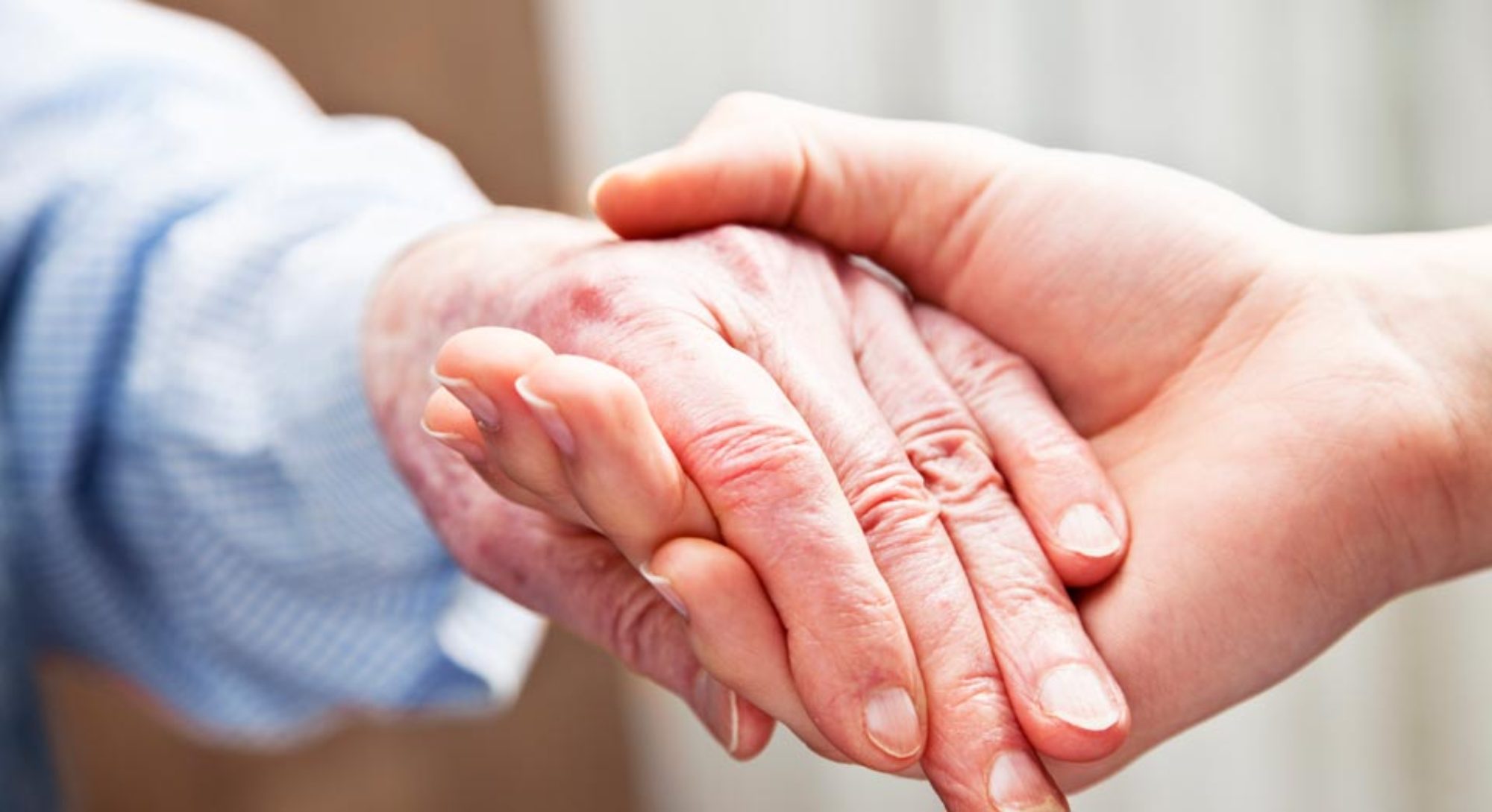The phone calls are incessant. Starting at 8:00am, the pleasant voice on the other end of the line excitedly suggests how either a small donation or the free gift with the purchase of a magazine subscription will change the life of the recipient and countless others as well. The letters are unremitting. The mail arrives in cute little colorful envelopes with a free labels or precious little babies, destitute and yearning for our help. The emails scream, “Urgent Matter Inside,” and once you open it, it’s a multimillion dollar transaction that only you are privy to conduct. However, to do so you must provide your bank account and contact information.
Fraud is widespread and can be subtle. The latter is a scam, of course. Yet, renown charities and private enterprises are known for aggressive, abusive-even, marketing tactics. Even the most intelligent and educated baby boomer or older adult can give into the strategies used to make the sale. Unfortunately some don’t learn from it. When confronted by their loved ones, they may willingly acknowledge the issue and readily agree to stop, yet continue to give small donations or sign up for numerous subscriptions services.
Here is a personal example, based on my experience through Senior Lifestyle Concierge. A former client who lived alone would answer even the vaguest of numbers, every time the phone rang . After yelling, “Hello” several times, the hearing aid adjusted to the speaker’s voice. A testy exchange at the start of the call turned into a lengthy conversation about the client’s sons, daughters, grandbabies and how the free trial magazine subscription for each of them will be wonderful. After vacillating between the decision of, ‘No’ and ‘Yes’, the client fumbled about looking for a credit card and proceeded to read the 16 digit number, expiration date, and security code. When the transaction finalized, the client realized (s)he neither asked for the name of the company , a callback number, nor the name of the representative. There would have been no chance to cancel the subscription before the trial period ended. Fortunately, we were able to trace the information and get them all cancelled.
Another client had over 20 subscriptions to various programs. On limited resources, it was costing around $300 a month with individual fees ranging from $9.99 to $20.00 a month. Thankfully, we were able to get the unessential ones cancelled as well.
I’ve noticed that some elders feel the need to respond with urgency to every piece of mail that arrives from basic questionnaires to donations. For others, receiving mail or a package (even if they bought it) is almost like an endorphin high. A rush of happiness. The UPS man arriving at the door is someone to talk to.
According to the New York Times, New Old Age blog, there is a social and emotional aspect involved as well. The lengthy interaction makes them feel good. Many elderly individuals suffer from loneliness, boredom and even depression. This helps them forget about those challenges for that brief moment in time. The article goes further to indicate “exploitations and misjudgments” may be an indication of dementia. Only a physician can provide a more concrete diagnosis for dementia, but primary caregivers need to be aware that these actions can be a serious red flag, especially when the family member is living on limited funds.
In the meantime, the phone calls, letters, and emails will continue. Even more so, since the holiday season is upon us. When making decisions to make a purchase it may be necessary to run it by someone first, just to have a second, well-informed opinion. When financial resources are a risk of disappearing, some primary caregivers have resorted to tactics such as: secretly changing their loved one’s phone number and redirecting mail to their homes to parse what is necessary. There is no one size fits all solution; thus, families must get together and decide what best works for them.
There is a new resource if you suspect fraud. It is a hotline started by the Senate Special Committee on Aging because fraud and scams are grossly underreported. A toll-free call at 1-800-303-9470 will connect you to investigators who will take complaints to the the proper state or federal authorities. You can also visit them online at: www.aging.senate.gov/fraud-hotline.


